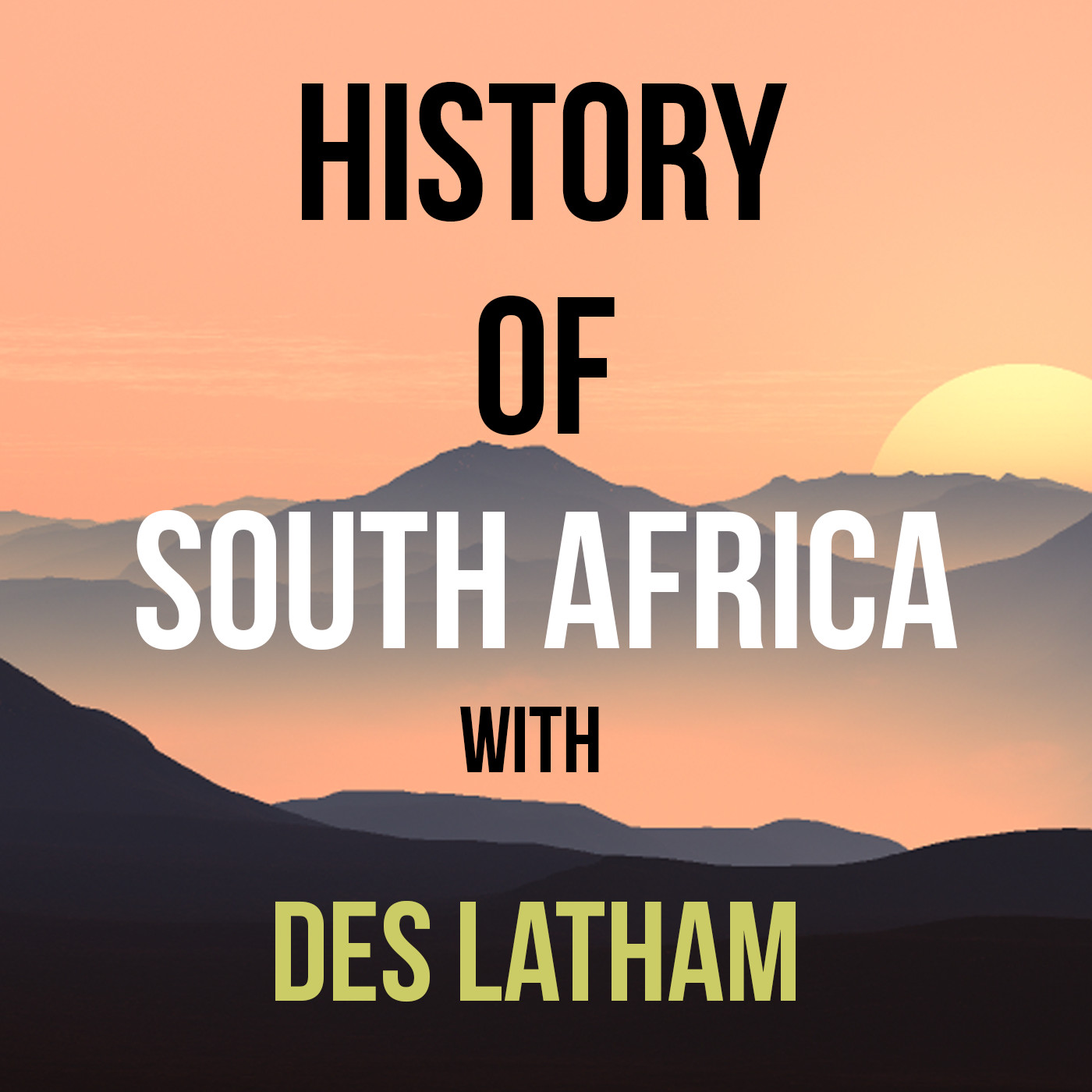- History
- SEE MORE
- classical
- general
- talk
- News
- Family
- Bürgerfunk
- pop
- Islam
- soul
- jazz
- Comedy
- humor
- wissenschaft
- opera
- baroque
- gesellschaft
- theater
- Local
- alternative
- electro
- rock
- rap
- lifestyle
- Music
- como
- RNE
- ballads
- greek
- Buddhism
- deportes
- christian
- Technology
- piano
- djs
- Dance
- dutch
- flamenco
- social
- hope
- christian rock
- academia
- afrique
- Business
- musique
- ελληνική-μουσική
- religion
- World radio
- Zarzuela
- travel
- World
- NFL
- media
- Art
- public
- Sports
- Gospel
- st.
- baptist
- Leisure
- Kids & Family
- musical
- club
- Culture
- Health & Fitness
- True Crime
- Fiction
- children
- Society & Culture
- TV & Film
- gold
- kunst
- música
- gay
- Natural
- a
- francais
- bach
- economics
- kultur
- evangelical
- tech
- Opinion
- Government
- gaming
- College
- technik
- Jesus
- Health
- movies
- radio
- services
- Church
- podcast
- Education
- international
- Transportation
- Other
- kids
- podcasts
- philadelphia
- Noticias
- love
- sport
- Salud
- film
- and
- 4chan
- Disco
- Stories
- fashion
- Arts
- interviews
- hardstyle
- entertainment
- humour
- medieval
- literature
- alma
- Cultura
- video
- TV
- Science
- en
Episode 46 We meet the Afrikaaner Oorlams of Namaqualand and Griqua founder Adam Kok the First

This is episode 46 and it\u2019s about Namaqualand, the Oorlam Afrikaaners and the Griquas
\nBut first a note about the British occupation. We know that they arrived in 1795, defeated the Dutch forces and then attempted to take control of events on the frontiers. As the Dutch had found, this was not an easy undertaking.
\nThe new Governor Sir George Yonge had replaced the acting Governor Macartney and Yonge was a stiff formal Englishman. But he was also a man of ideas and experimented with farming, and believe it or not, vaccinations. The smallpox epidemic earlier in the 18th Century had decimated the Khoekhoe and white population and he didn\u2019t want a return of the dreaded disease.
\nMany on the frontier took issue with both his farm experiments and his vaccination campaign \u2013 yes folks, there were anti-vaxxers around 220 years ago.
\nWe heard about the Einiqua, the Korana and the people first called the Bastaards who were to become the Griqua. As the 18th Century progressed, the frontier began to close on the latter people, even in Namaqualand that zone between the mountains and the sea west of Bushmanland.
\nThese fugitives began to form themselves in different groups of what were initially called drosters. This is a word from the Dutch word Drossen, to run away or desert. They became the symbol of the Cape frontier and their influence on the local Einiqua, the Khoisan societies, was considerable. They were mostly disruptive, disturbing an ancient equilibrium.
\nOne of the most influential of the Oorlam groups by the end of the 18th Century was the Griqua who were descended from the remnants of the original Grigriqua Khoekhoe. The founding father of the Griqua Khoekhoe was Adam Kok the First, who is believed to have been a freed slave.
\nThe last group I\u2019ll mention this episode were far more malevolent and far less welcome at least as far as the Cape authorities were concerned. They were known as the Afrikaaners.